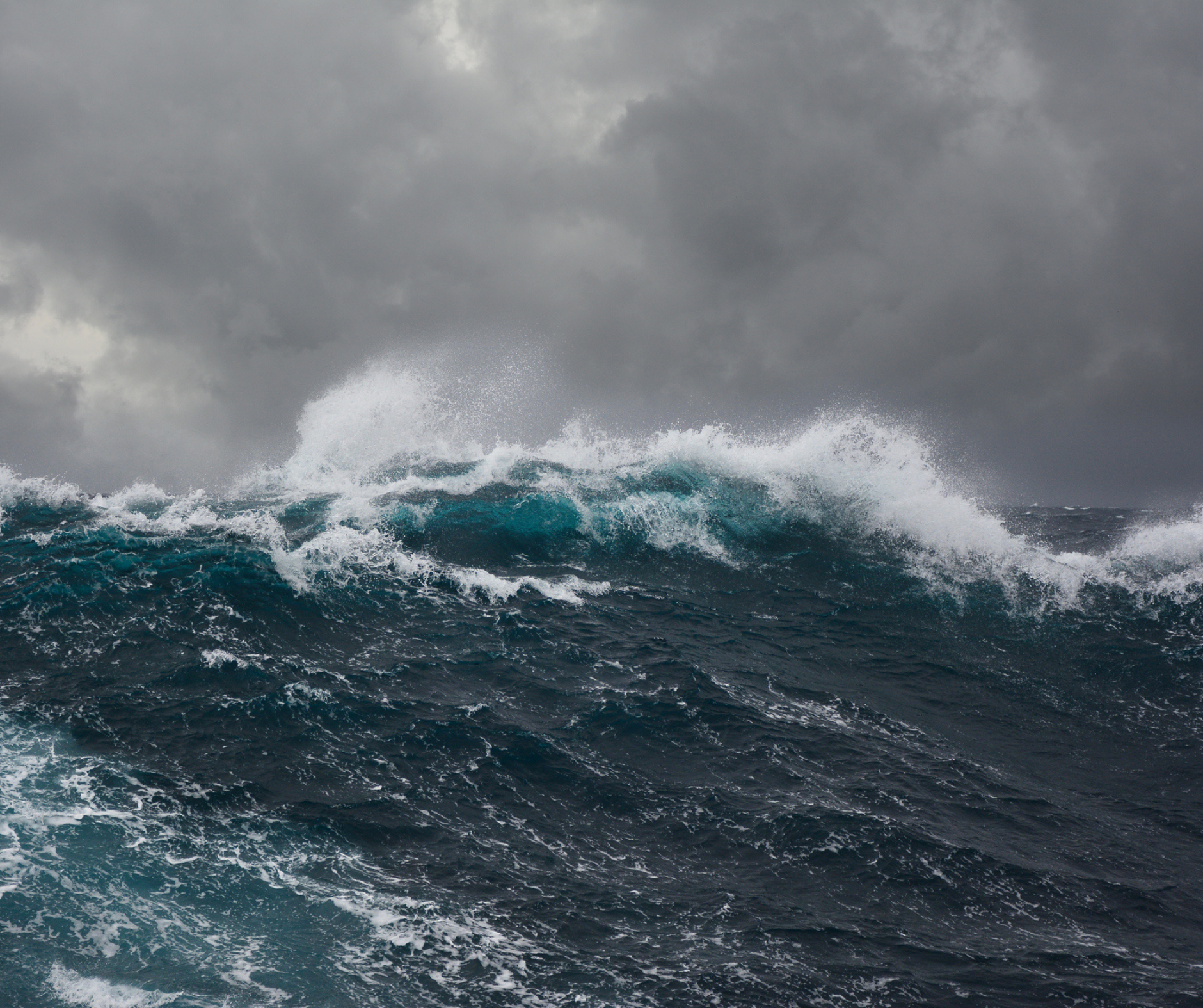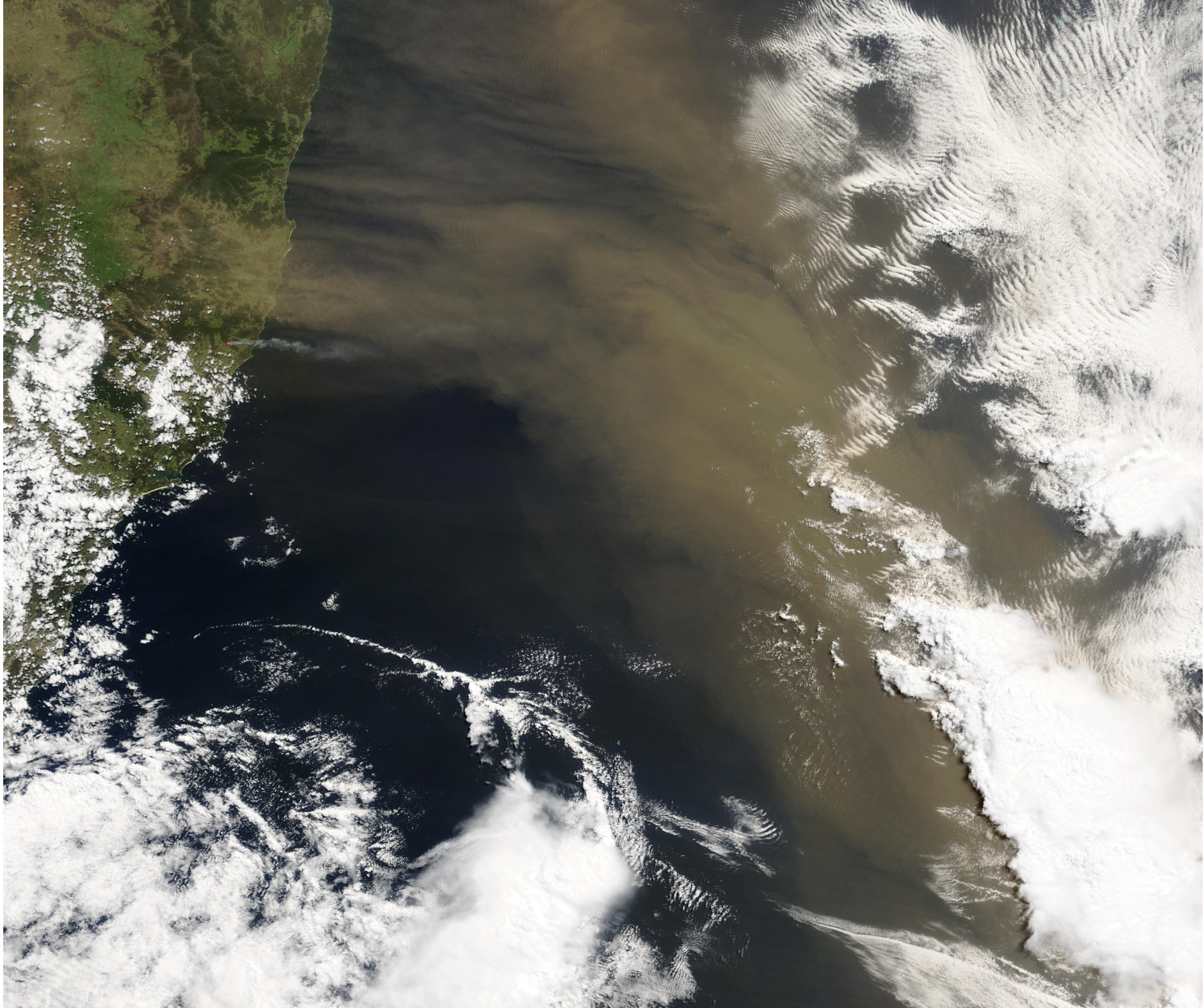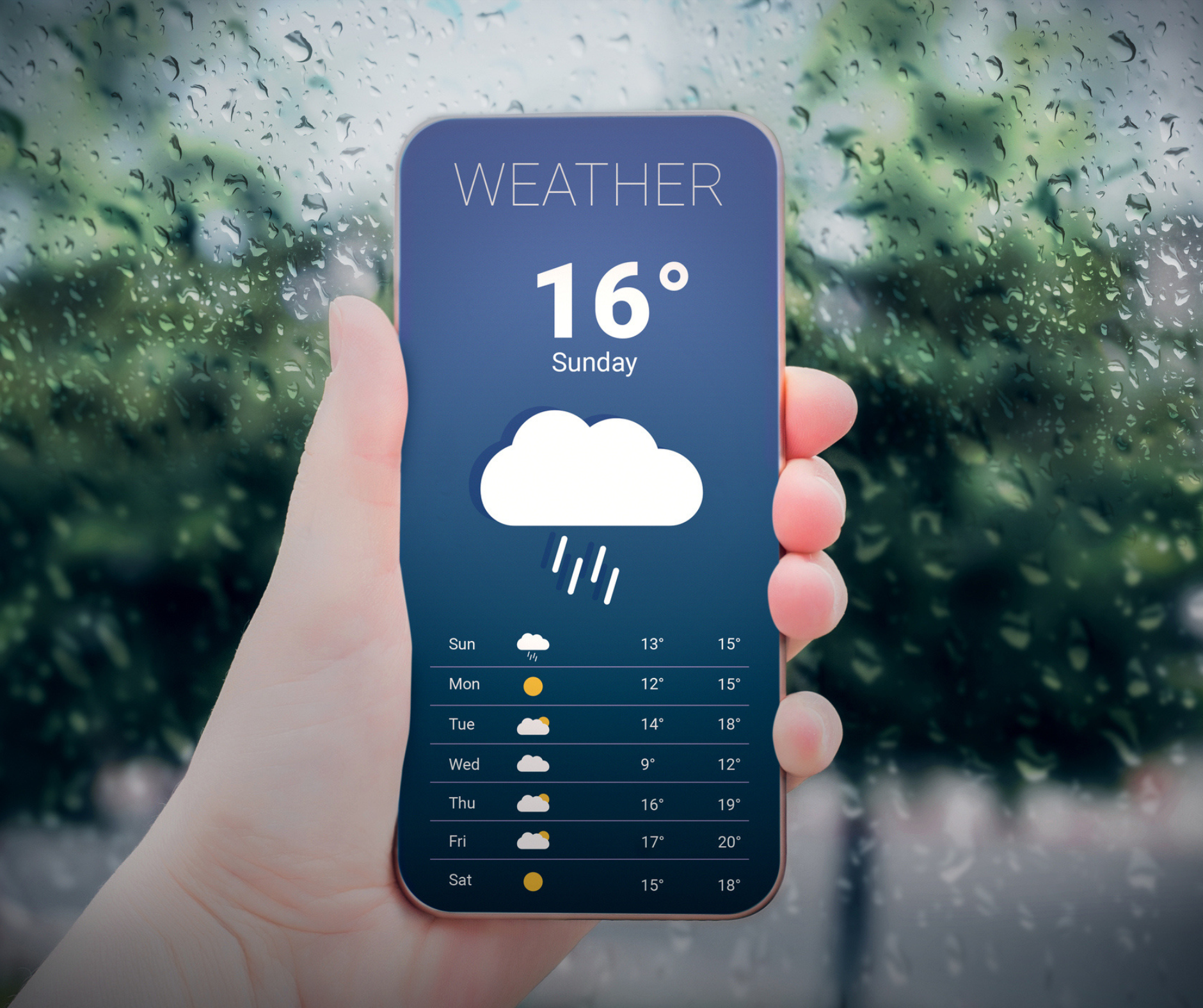The science behind climate extremes is fascinating and diverse.
Our experts love to share their work with the media, websites like The Conversation and here at climateextremes.org.au – here’s some of their latest articles.
Note: sometimes we also share work and articles from researchers and organisations not directly affiliated or funded by our Centre. We love to share interesting work done by others in our field. If you’d like to share or adapt our work, please get in touch – email clex@unsw.edu.au
-
Head in the clouds: how a climate scientist is unravelling the secrets of the Southern Ocean

Current climate models struggle to accurately represent the Southern Ocean’s climate dynamics due to biases related to aerosols and clouds. Tahereh Alinejadtabrizi is a climate scientist who is working on this research problem.
-
Of ice and fire: what sea salt in Antarctic snowfall reveals about bushfires worse than the Black Summer

With climate change increasing the frequency and severity of bushfire weather, climate scientists warn that Australia could face bushfires that are even more devastating than the 2019/20 Black Summer bushfires.
-
Floating robots reveal just how much airborne dust fertilises the Southern Ocean – a key climate ‘shock absorber’

Researchers have found that windblown dust delivers enough iron to support a third of the Southern Ocean’s phytoplankton growth. This finding sheds light on the vital role that dust-fuelled productivity plays in the ocean’s capacity to absorb and store carbon dioxide from the atmosphere.
-
Why did rainfall increase in the third year of the recent triple-dip La Niña?

It seems counterintuitive that rainfall increases in the later years of a multi-year La Niña event. Yet, this is what occurred during the recent triple-dip La Niña. Even more interestingly, this increase happened despite no strengthening of La Niña in the tropical Pacific. So, what’s the reason behind it?
-
Despite what you might hear, weather prediction is getting better, not worse

Our ability to predict conditions over the coming season has greatly advanced in just the past 20 years. We now better understand how the various climate drivers influence our weather, and we have more computational power to run models.
-
The heat is on: what we know about why ocean temperatures keep smashing records

To us, a warmer ocean might feel pleasant. But the extra heat manifests underwater as an unprecedented series of major marine heatwaves, which can lead to mass death or mass migration for marine mammals, seabirds, fish and invertebrates and cause widespread coral bleaching.
